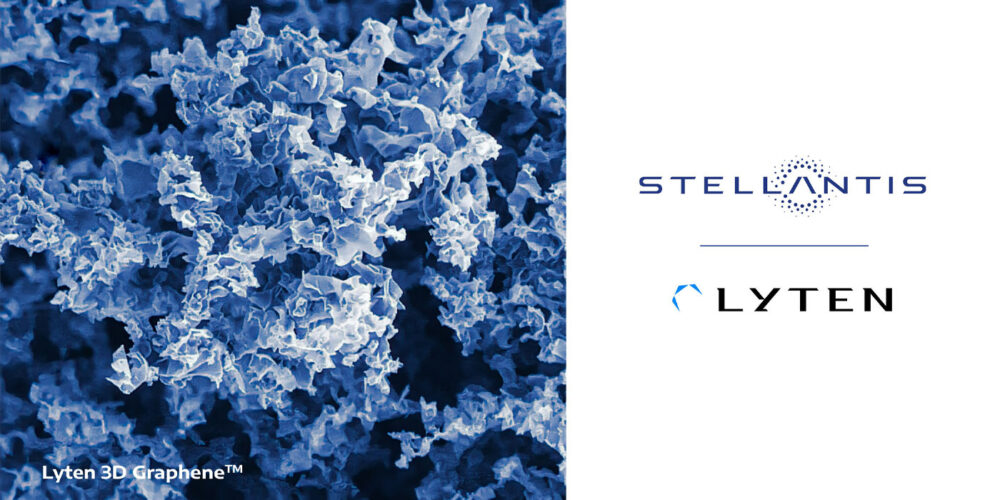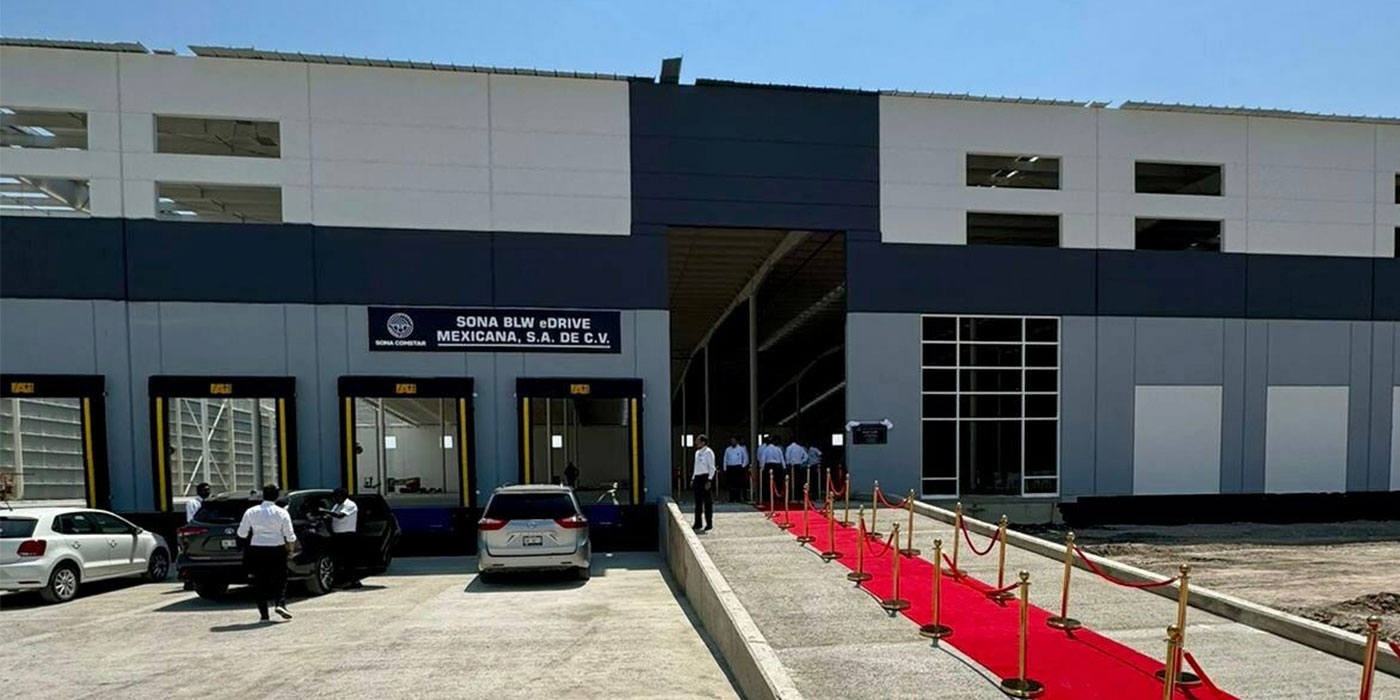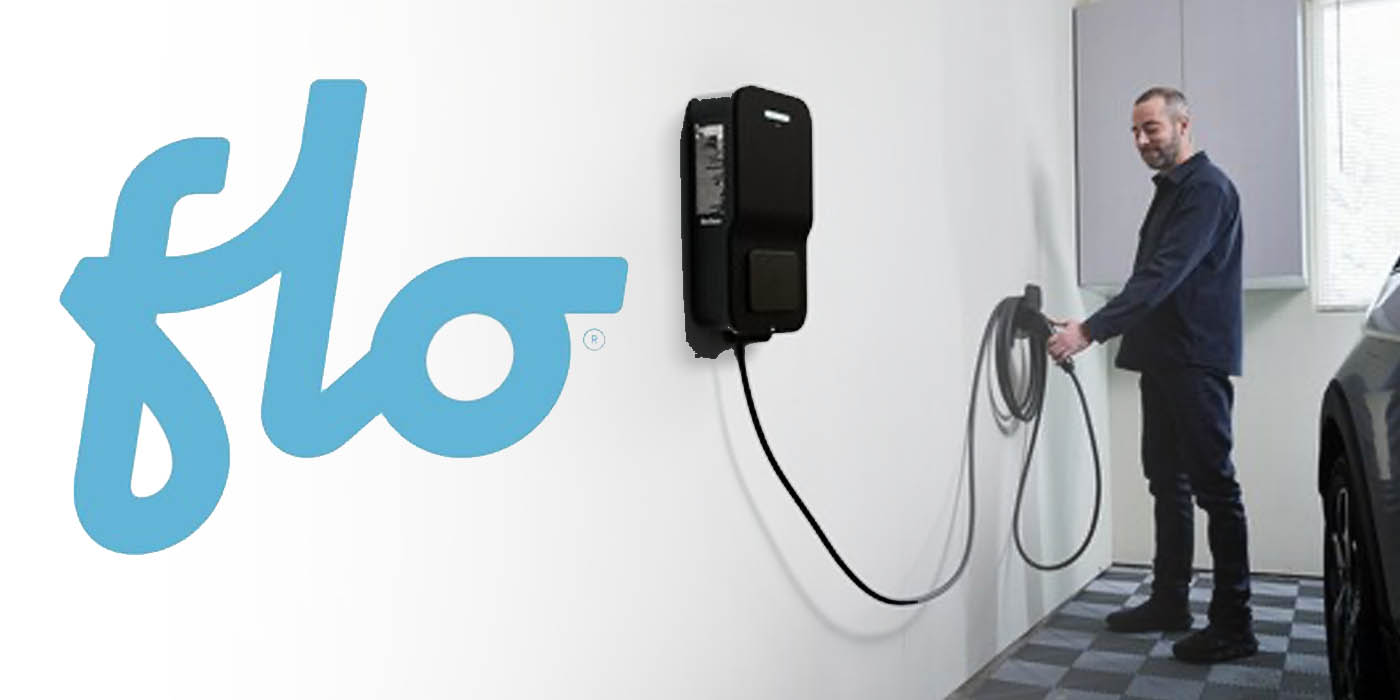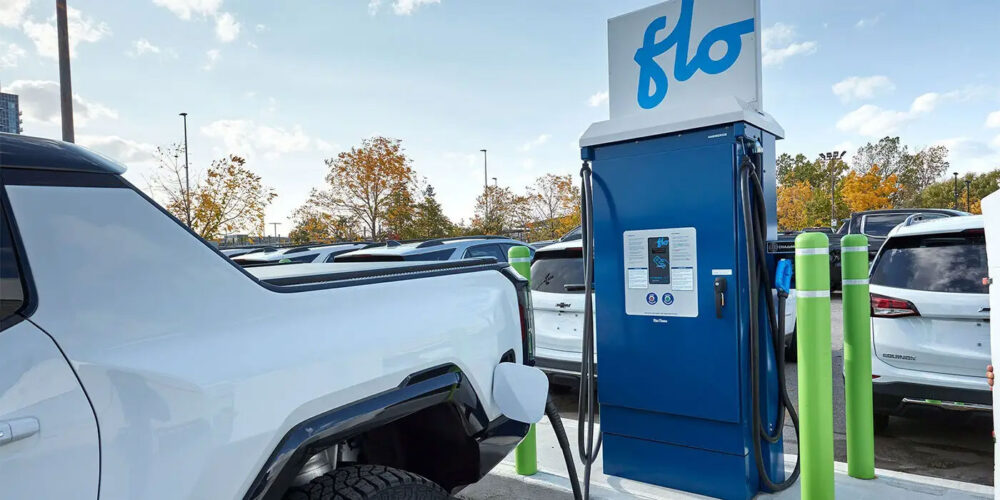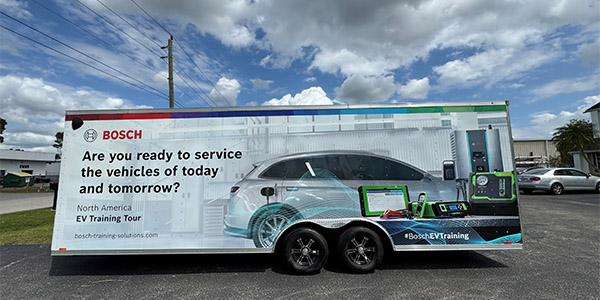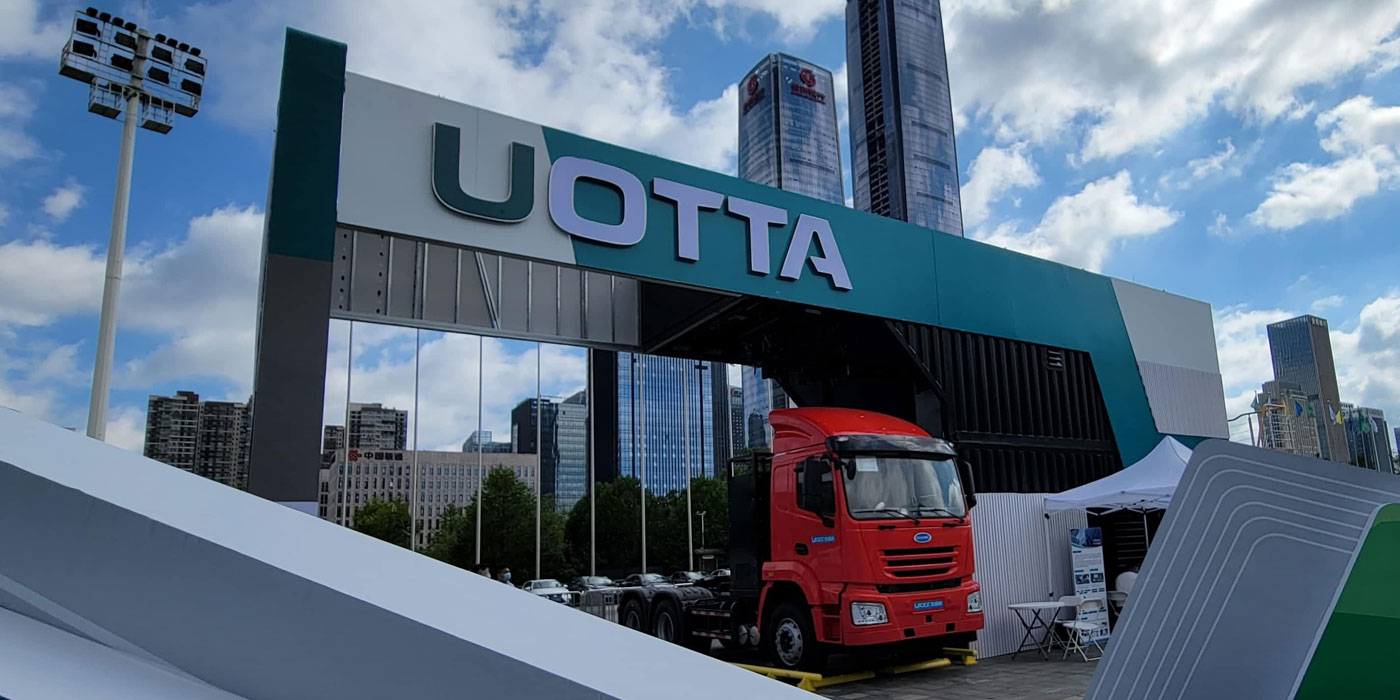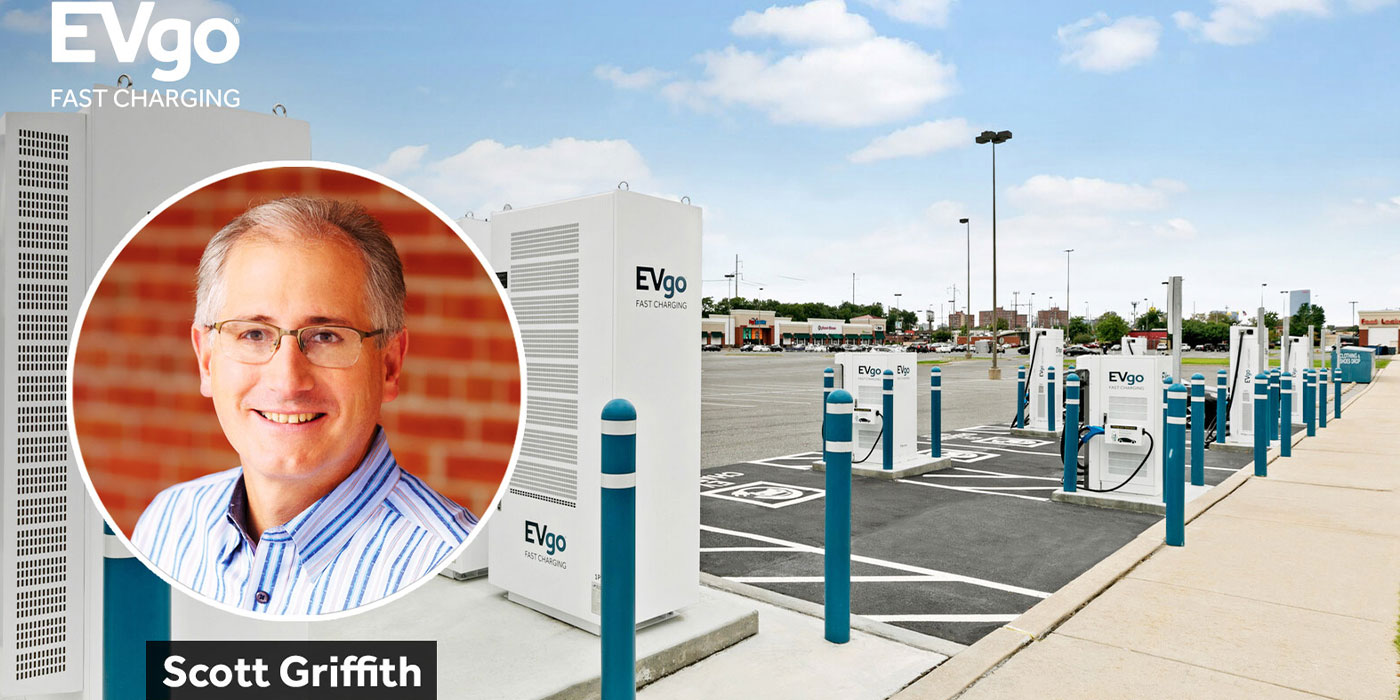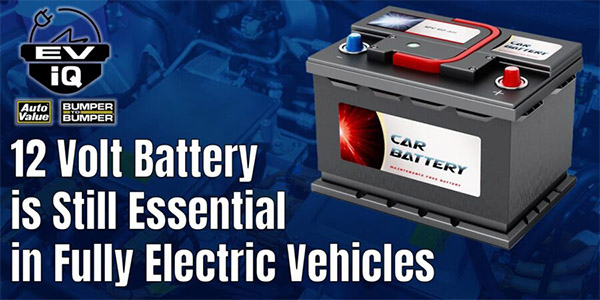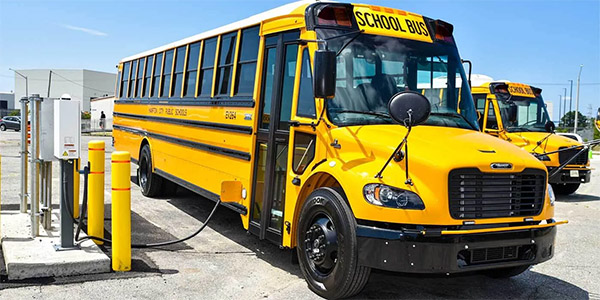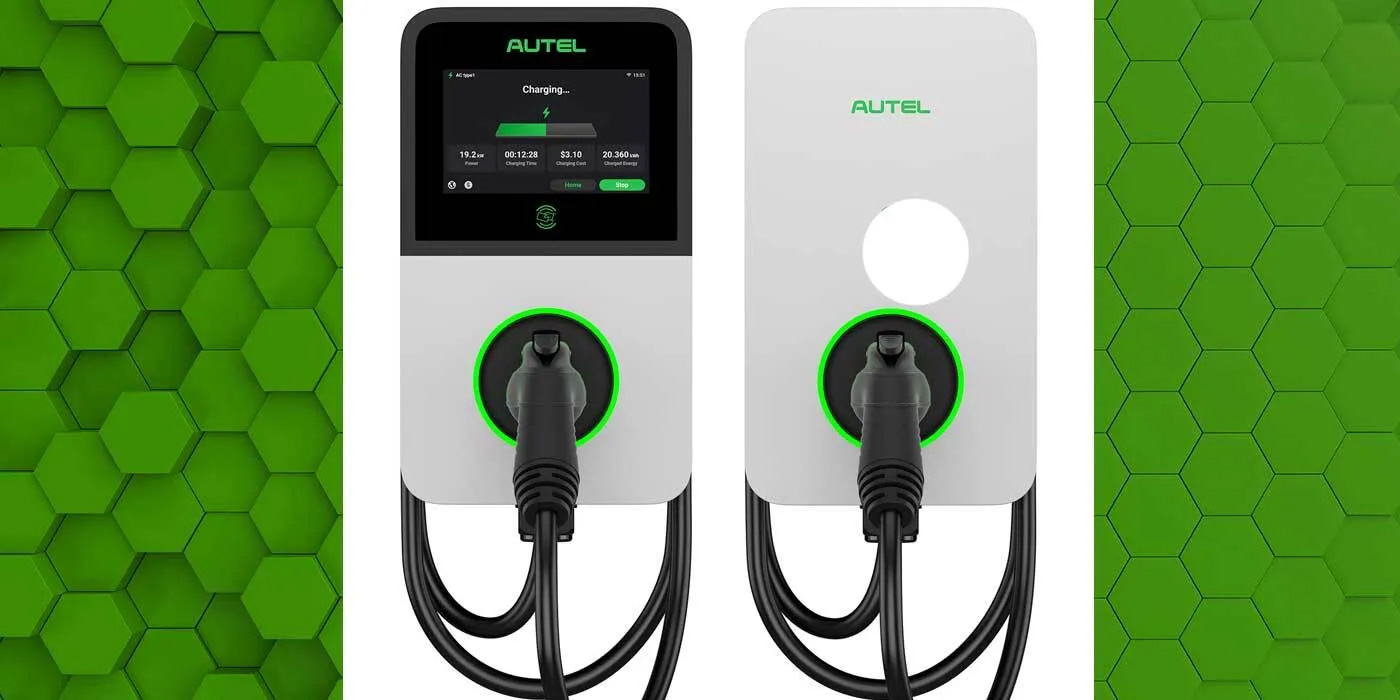Stellantis Ventures, the corporate venture fund of Stellantis, has invested in Lyten to accelerate the commercialization of Lyten 3D Graphene applications for the mobility industry, including the LytCell lithium-sulfur EV battery, lightweighting composites and novel on-board sensing. Lyten says it will “leverage the unique tunability of the material to enable enhanced vehicle performance and customer experience while decarbonizing the transportation sector.”
Lyten says its tunable materials platform has demonstrated “significant reductions in greenhouse gas emissions” and “will advance the transition to sustainable mobility.”
Unlike traditional lithium-ion batteries, Lyten’s lithium-sulfur batteries do not use nickel, cobalt or manganese. Raw materials for lithium-sulfur batteries have the potential to be sourced and produced locally in North America or Europe. Lyten says its goal is to provide a secure supply of performance-based and environmentally sustainable products to its customers, while also enabling auto manufacturers to take advantage of growing U.S. and European policy incentives, such as those referenced in the Inflation Reduction Act.
Lyten’s lithium-sulfur battery, composites and sensor technologies are initially being produced on its 145,000-square-foot campus in Silicon Valley. Apart from producing EV batteries, Lyten says it is working with previous customers to start delivering lithium-sulfur batteries and 3D Graphene-infused composites for specialty markets in 2023.

